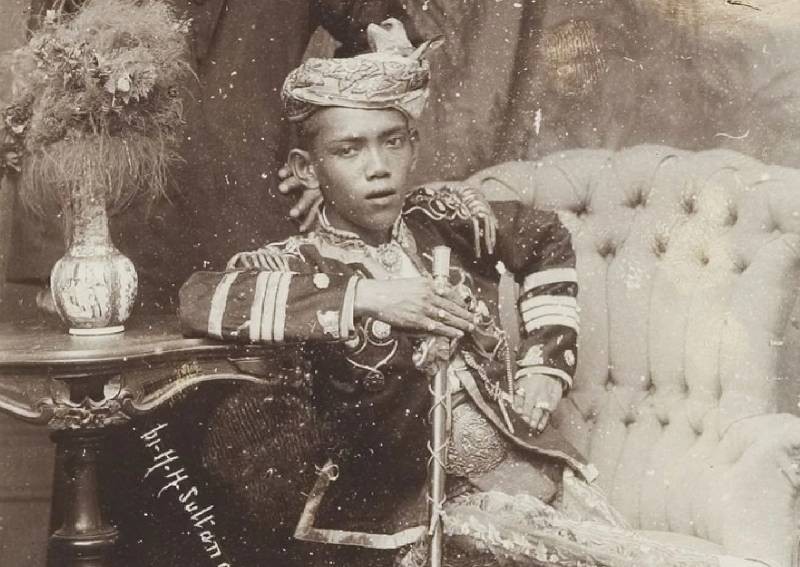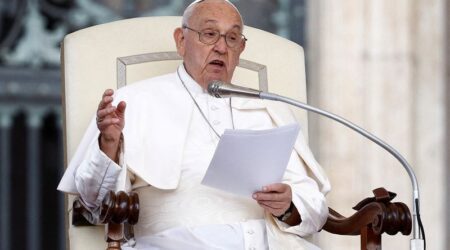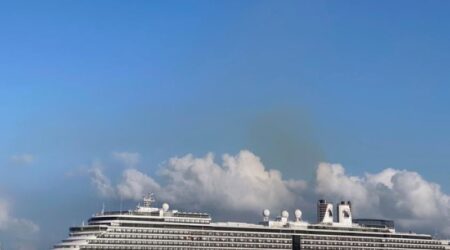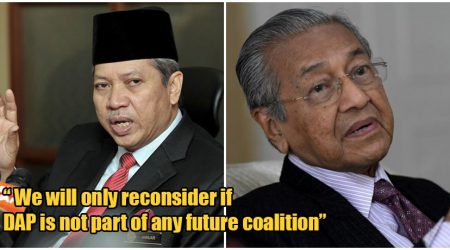Why are the Philippine heirs of a sultan clashing with Malaysia over Sabah?

A dispute over a colonial-era land deal, involving territories in the furthest corners of Malaysia and the Philippines, is back in the spotlight after the heirs of a defunct Philippine sultanate attempted to seize assets belonging to Malaysia’s national petroleum company Petronas worth some US$15 billion (S$22.8 billion).
The heirs sought legal recourse in a French arbitration court following Malaysia’s move to stop paying the money granted them under the 144-year-old agreement in which the sultanate surrendered its claim over what is now the oil-rich Malaysian state of Sabah.
Malaysia, which inherited the colonial agreement, terminated it unilaterally following a 2013 incursion by Sulu armed militants.
While arbitration started in 2017, it rarely made a splash in Malaysia, where the Sulu issue is seen more as a historical quirk than a serious threat to the country’s sovereignty.
This was until the French court’s shock ruling, which raised questions about how Malaysia – an independent, sovereign nation – could be threatened by the heirs of a defunct sultanate in a small archipelago 1,000km south of Manila.
Who are the claimants?
The 1878 agreement between Sulu Sultan Jamal Al Alam and Hong Kong-based Gustavus Baron von Overbeck, along with the British North Borneo Company, guaranteed the sultan and his heir a yearly payment of 5,000 pesos (S$339) – in perpetuity – for ceding his sovereignty over a large swathe of Sabah.
When the last formally recognised Sultan of Sulu died without an heir in 1936, the British colonial government – which had inherited the treaty obligation – identified nine claimants to the defunct throne and continued making payments to them, to be split among themselves.
Malaysia, formed in 1963, took over the obligations from the British, paying 5,300 ringgit (S$1650) annually to the Sulu heirs through the Philippine government.
The two sides have different interpretations of the agreement, with Malaysia inheriting the British understanding that the sultanate had relinquished their claim and ceded the territory. The Sulu side claims their family had merely leased it.
Malaysia’s Attorney General Idrus Harun recently tried to cast doubt over the identity of the claimants in an effort to invalidate their claim, but this was rebutted by their lawyers who said previous correspondence from Idrus’ predecessors proved that Malaysia had “for years” known and formally recognised the claimants.
What are the claimants seeking?
In 2013, six Malaysian civilians died after one of the claimants, Jamalul Kiram III, sent armed groups into Sabah – with 10 members of Malaysian security forces and 58 of the attackers also dying in the resulting clashes.
While Malaysia fended off the attack, then-prime minister Najib Razak decided to unilaterally terminate the payment arrangement, saying that the incursion rendered the treaty null and void.
“What? You break the agreement by invading our country and killing 10 of our heroes in cold blood, and still hope that we pay you?” Najib said last week, reacting to the latest developments.
However, the Sulu heirs – now down to eight after the death of Jamalul Kiram III – successfully argued to a Spanish arbitrator that Malaysia was in the wrong for terminating the payment.
Under the 1958 New York Convention, an arbitration award issued in any state party to the treaty can generally be freely enforced in another contracting state. Both Malaysia and Spain are parties to the treaty.
But Malaysia said “the subject matter of the claim is not commercial in nature and thus cannot be subject to arbitration”, adding that the 1878 agreement at the centre of the controversy “contained no arbitration agreement”.
Earlier in March, Malaysia had asserted that it did not recognise the French arbitration court ruling as it upheld its immunity as a sovereign state.
Why is there a political blame game in Malaysia?
Though his actions as prime minister led to the present-day dispute, Najib has nevertheless started pointing the finger at the Mahathir Mohamad administration that succeeded him in 2018, saying it dropped the ball as the arbitration notice was only served after the election on May 9 that year.
The 2013 incursion was a prominent feature of Najib’s tenure, as his administration had more closely courted Sabah compared to previous governments. Following the incident, Najib was often portrayed as a heroic figure who thwarted a foreign “invasion”.
His political opponents however have been quick to highlight that the current legal battle in Europe stems from the unilateral move to cease paying the Sulu heirs outside proper legal channels, with Rafizi Ramli, a senior member of opposition leader Anwar Ibrahim’s Parti Keadilan Rakyat, mobilising 100 party members to file police reports against Najib claiming his negligence had led to the stand-off.
“I believe Najib should take responsibility for the failure and negligence as prime minister … that led to these claims by the heirs of the Sulu sultanate that now burdens every federal government administration after his,” Rafizi said.
What happens next?
Prime Minister Ismail Sabri Yaakob has pledged that Malaysia will not budge “an inch” over Sabah and gave assurances that the government will protect the country’s assets.
He also set up a special task force to formulate an action plan to address the issue.
Long-time Malaysian political watcher James Chin, a professor at the University of Tasmania, said he believes the Philippine heirs’ claim to be a tactical gambit backed by wealthy European investors.
“This is not so much about the merit of the case, but about London investors bankrolling the claimants,” Chin said.
A Financial Times report on the issue pointed out that the Sulu claimants were being supported by funds from London-based investor Therium.
While bullish that Malaysia would prevail, Chin said the legal fight will require a lot of resources.
“It’s a matter of how much Malaysia is willing to settle for or will they fight in every jurisdiction where [the Sulu heirs] file a seizure of assets,” he said.












Leave a Reply